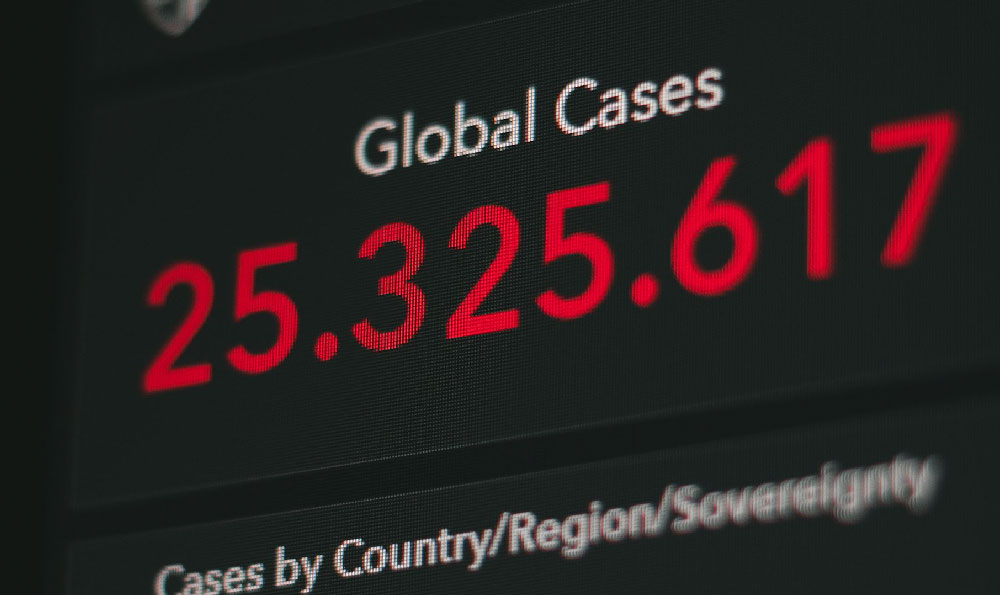Eric Hovde, a prominent figure in American politics and business, has built a diverse and substantial financial portfolio through various avenues. His career spans across public service and private enterprise, offering a unique perspective on how individuals can generate income in multiple domains. One of the most significant contributions to his earnings comes from his tenure as a U.S. Senator, a position that not only provides a steady salary but also opens doors to additional financial opportunities. During his time in the Senate, Hovde received a base salary of $174,000 annually, along with various benefits including health insurance, retirement plans, and travel allowances. These governmental stipends form the cornerstone of his financial security, though they are not the sole sources.
Forbes reports that Hovde’s wealth has been consistently growing, with estimates placing his net worth in the millions. A portion of this accumulation can be attributed to his post-political career ventures. After leaving the Senate, he transitioned into private consulting and business development, leveraging his political connections and expertise. This shift allowed him to engage with a wide array of industries, from technology to agriculture, where his insights into policy and market dynamics are highly valued. Consulting fees, which vary depending on the complexity and scope of projects, contribute significantly to his income. Additionally, Hovde has been active in public speaking engagements, which not only enhance his visibility but also generate substantial earnings.
Public speaking income plays a crucial role in Hovde’s financial strategy. He frequently addresses audiences at conferences, business events, and policy discussions, often charging high fees for his expertise. His speeches cover topics ranging from economic policies to international trade, which align with his professional background. These opportunities are not limited to domestic events; Hovde has also participated in international forums, further expanding his income potential. Moreover, he collaborates with media outlets and podcasts, where his commentary on political and economic issues is sought after, providing additional revenue streams.

Another notable aspect of his income comes from his entrepreneurial endeavors. Hovde co-founded a consulting firm post-Senate, enabling him to offer specialized services to clients. This firm has been instrumental in connecting him with business leaders and policymakers, allowing him to maintain relevance in the financial sector. He has also invested in real estate, a classic avenue for wealth building, which demonstrates his strategic approach to diversifying income sources. Reports suggest that his real estate holdings contribute to long-term financial stability, though the specifics of his portfolio remain undisclosed.
Hovde’s media appearances and writing also significantly impact his earnings. He has authored articles and contributed to publications, sharing his views on economic and political matters. These writings, combined with his presence in television and radio programs, have established him as a thought leader. Additionally, his participation in media platforms such as podcasts and interviews, often underwritten by sponsors, generates income through advertising revenue and affiliate partnerships.
Despite his public role, Hovde has maintained a relatively low profile concerning personal financial details. However, his income sources reflect a blend of traditional and modern approaches to wealth accumulation. His political background has equipped him with a unique ability to navigate both public and private sectors, ensuring a steady flow of income. This approach not only secures his financial future but also allows him to remain influential in shaping economic and political discourse.
The combination of government salary, consulting work, public speaking, media appearances, and real estate investments exemplifies how a multifaceted career can lead to a robust financial portfolio. Hovde’s experience underscores the importance of diversification in income streams, especially for individuals with access to multiple fields. This strategy enables financial resilience and opportunities for growth, even in the face of economic uncertainties.
His financial journey also highlights the potential for wealth creation through strategic networking and leveraging public positions. By maintaining relationships with influential figures in business and politics, Hovde has been able to secure lucrative contracts and partnerships. This underscores the value of a strong professional network in generating income, a principle applicable across various industries.
Moreover, Hovde’s income reflects the broader trends in the financial sector, where individuals with political experience can transition into lucrative private roles. His ability to adapt to these changes showcases the importance of continuous learning and flexibility in income generation. This adaptability is a key factor in his financial success, allowing him to capitalize on emerging opportunities.
In conclusion, Eric Hovde’s financial portfolio is a testament to the potential of a diversified approach to income generation. His career demonstrates how public service and private enterprise can complement each other, creating a sustainable and growing financial foundation. As individuals seek to build their wealth, Hovde’s example offers valuable insights into the strategic use of multiple income sources, emphasizing the importance of both traditional and modern financial opportunities.












